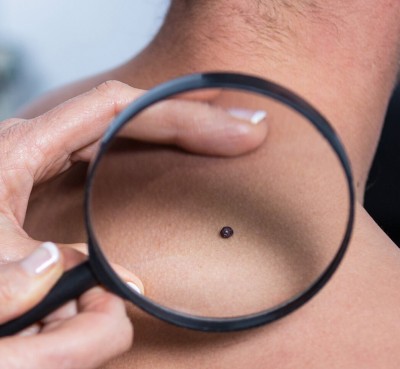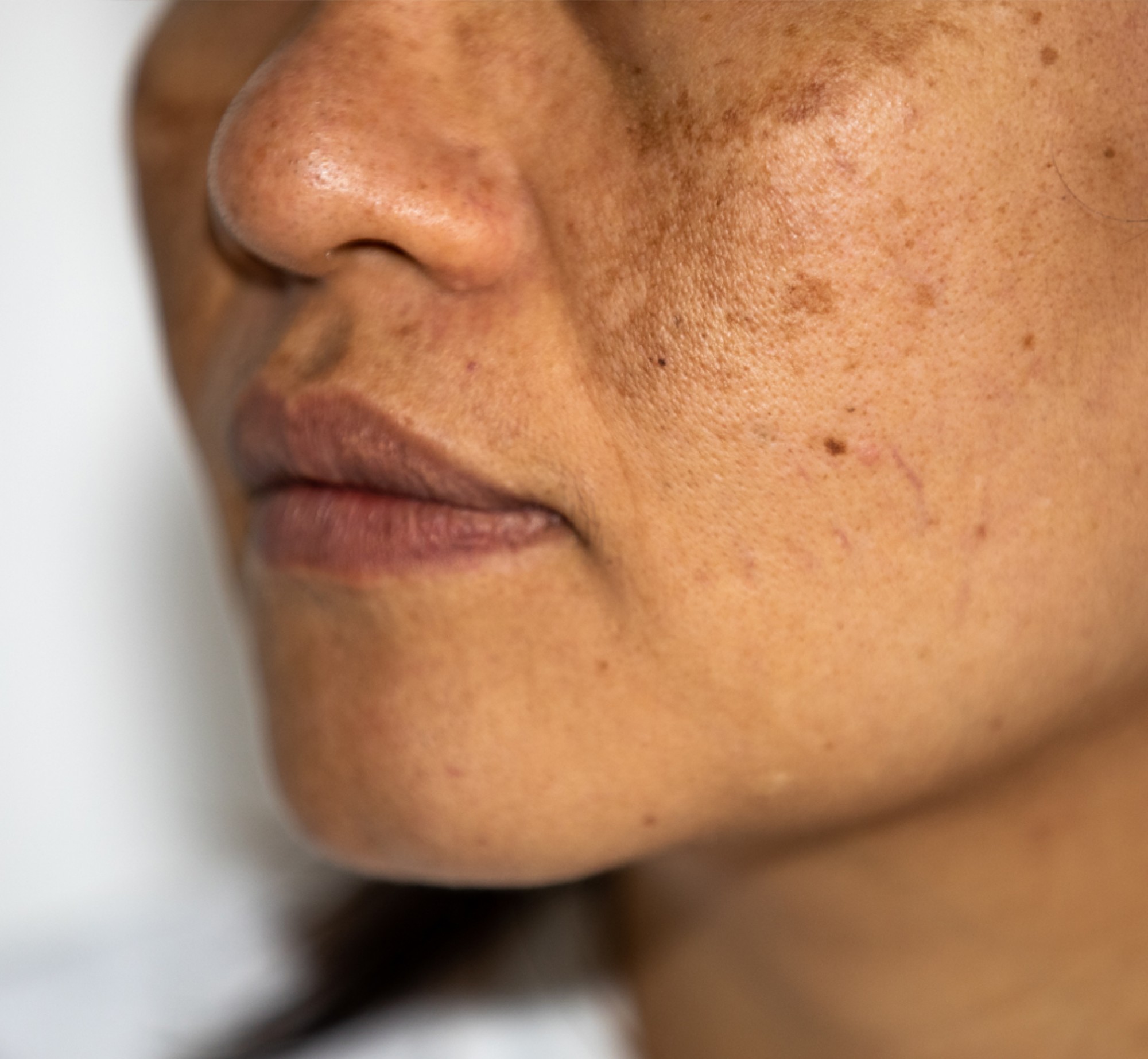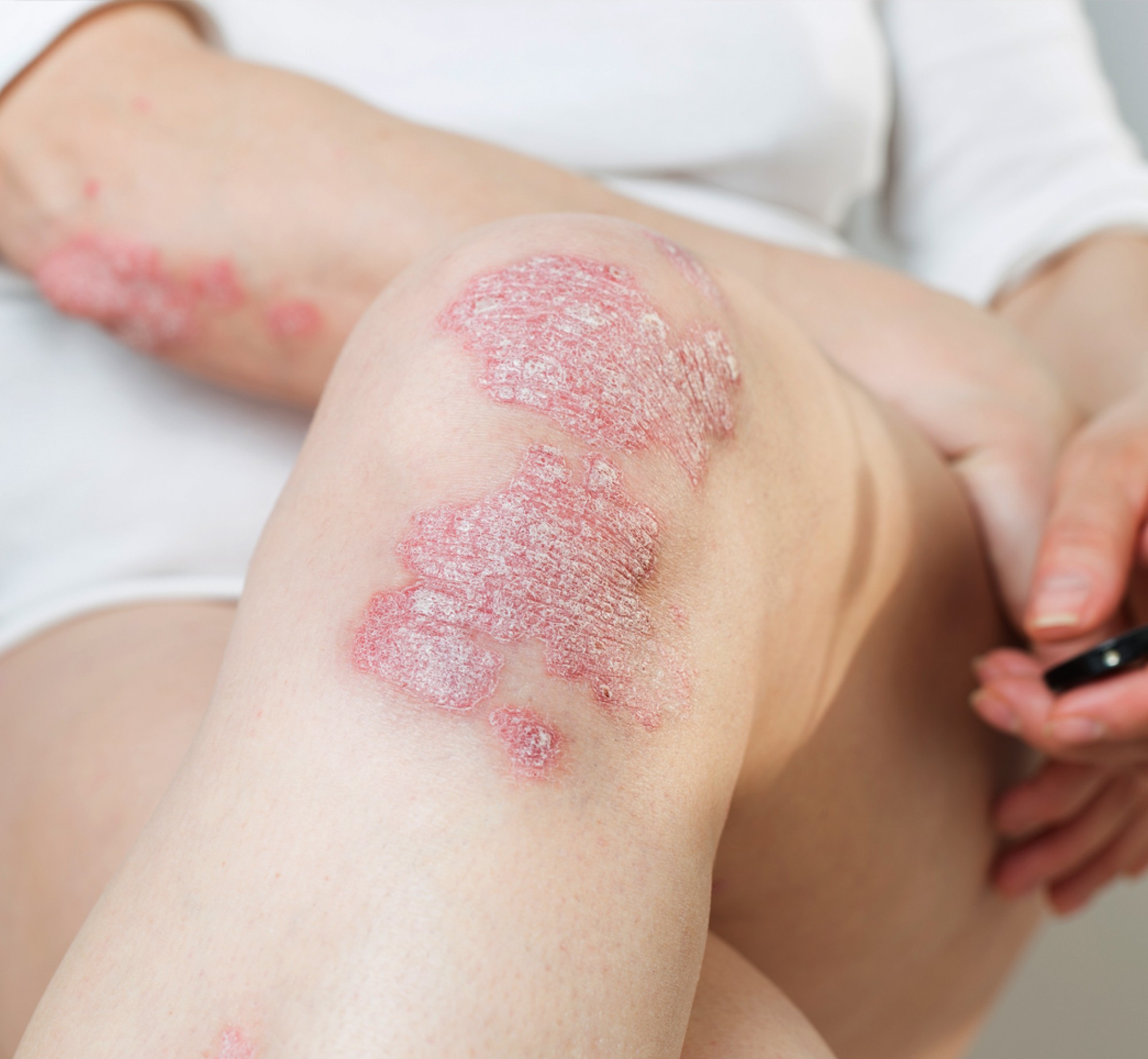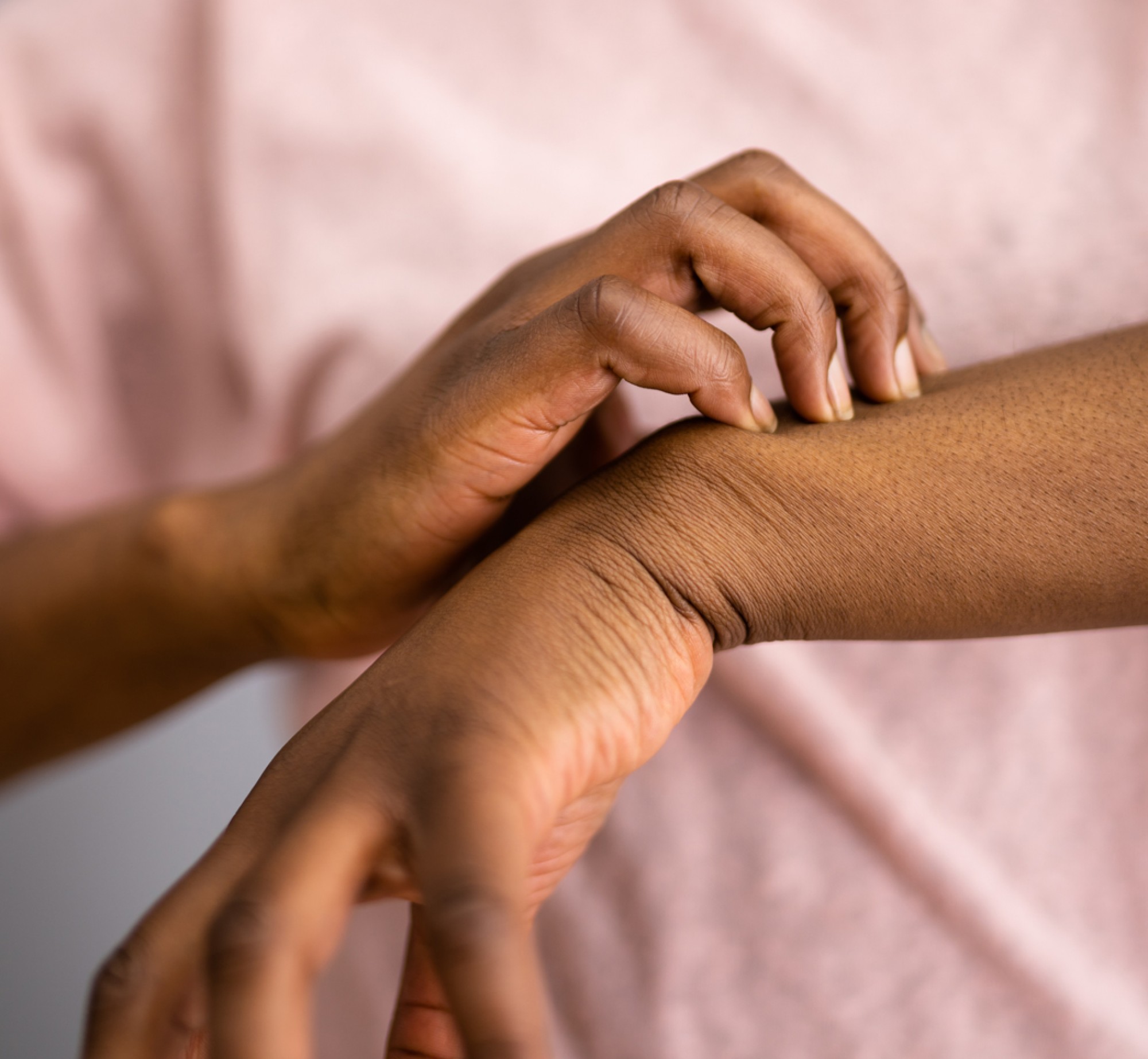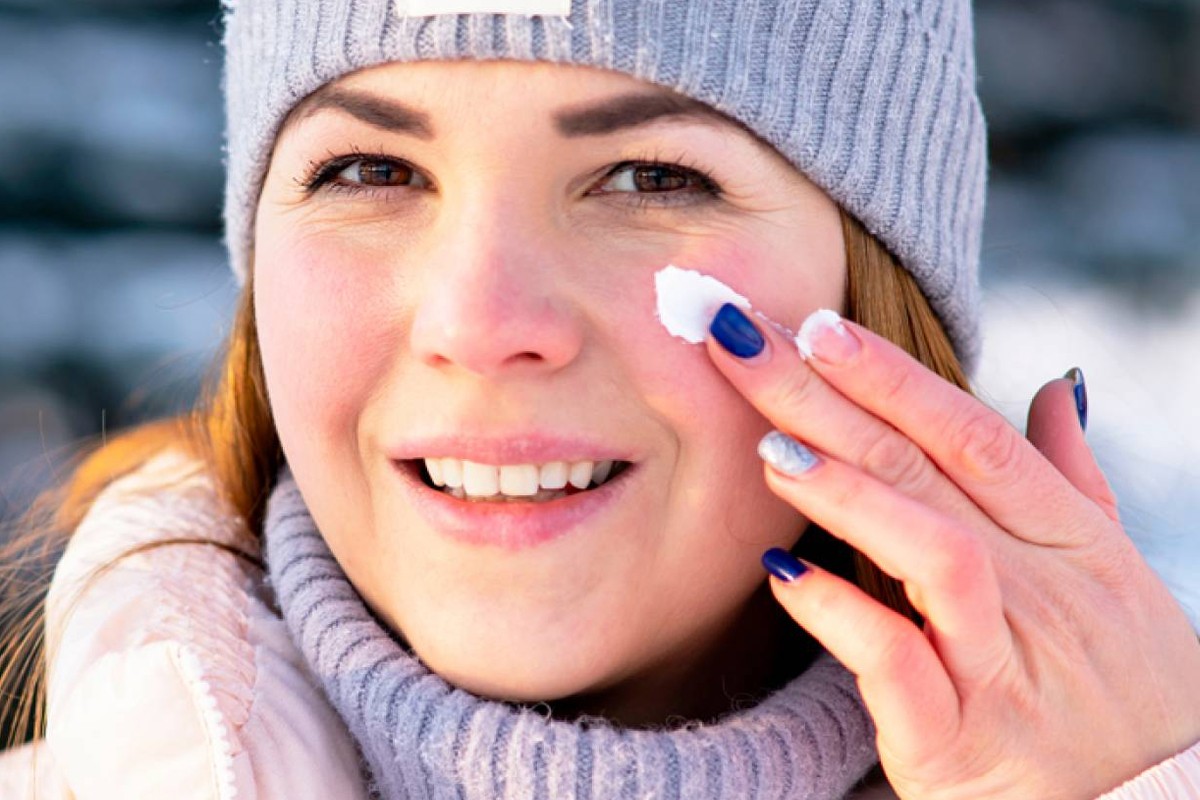The Blog
- Acne
- Maskne
- Melasma
- Pigmentation
- Hyperpigmentation
- Eczema
- Covid-19
- Rashes
- Covid-19 Vaccine
- Fillers
- Scars
- Botox
- Neurotoxins
- Skin
- Rosacea
- Seborrhea
- Anti-aging
- Skin Cancer
- Chemical Peels
- Allergies
- Infection
- Skin Tags
- Medical Care
- Dry Skin
- Skin Care
- Skin Care Tips
- Acne
- psoriasis
- Dandruff
- Impetigo
- Hair
- Intertrigo
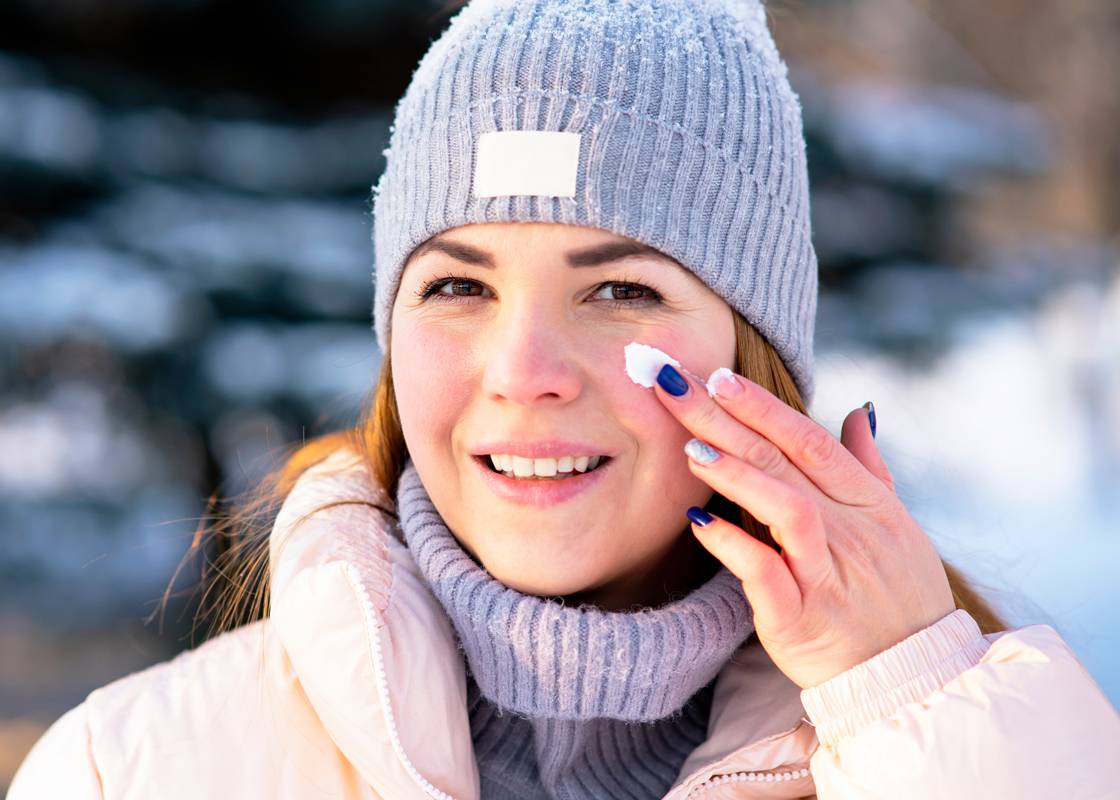
This past weekend, while my daughter took me grocery shopping, I noticed something amusing: her car was practically a shrine to chapstick. One was tucked into the cupholder, another was in her glove compartment, and yet another was hanging off her keychain. Yes, ladies and gentlemen, welcome to the season that takes a toll on your skin! From chapped lips to dry, itchy hands, winter spares no one.
Let’s dive into the most-searched cold-weather skincare questions and learn how to protect your skin from the elements.
Flake News: How Can I Prevent Dry Skin in Winter?
Winter air is cold and dry, which causes a significant drop in humidity. This dry air pulls moisture from your skin, leaving it flaky, rough, and uncomfortable. Add indoor heating, which further reduces moisture in the air, and your skin’s natural hydration takes a hit.
To combat this:
• Use a rich moisturizer packed with ceramides or hyaluronic acid.
• Limit hot showers—they feel great but strip your skin of natural oils.
• Use a humidifier to maintain indoor air hydration.
• For elbows, knees, heels, or other severely dry spots, you can use Vaseline. It's the ultimate rescue for extremely dry skin!
What Are Effective Remedies?
Dry, cold air combined with rough clothing and hot water can cause itchy, irritated skin, commonly known as "winter itch." This condition can also exacerbate pre-existing skin conditions like eczema.
Fight it with:
• Soothing oatmeal baths for instant relief.
• Anti-itch creams with hydrocortisone or menthol for quick fixes.
• Daily moisturizing to keep itch triggers at bay.
Should I Change My Routine for Winter?
Yes! Winter demands some changes to your skincare routine. Winter demands hydration and protection to counteract environmental dryness.
• Swap lightweight moisturizers for thicker, richer formulas.
• Use a creamy, non-drying cleanser to maintain hydration.
• Add a serum with glycerin or hyaluronic acid for an extra boost of moisture.
How Can I Protect My Skin from Winter Weather?
Exposure to cold winds and low temperatures damages your skin’s outer layer, causing redness, irritation, and even chapping.
Protect your skin from the harsh elements by:
• Wearing scarves, gloves, and hats to shield exposed areas.
• Applying a barrier cream before venturing outside.
• Staying hydrated with plenty of water daily.
Best Moisturizers for Winter Skin
Winter skin loves a good moisturizer! The best winter moisturizers don’t just hydrate—they also repair and protect your skin barrier.
Look for:
• Ceramides to repair and strengthen your skin barrier.
• Shea butter for deep hydration.
• Urea or lactic acid for gentle exfoliation and moisture retention.
Do I Really Need Sunscreen in Winter?
It’s a common misconception that UV rays are less harmful in winter. The truth is, UV radiation from the sun is present year-round and can cause skin damage, even during colder months.
Protect your skin by:
• Using a broad-spectrum sunscreen with SPF 30 or higher daily.
• Choosing a moisturizing sunscreen to fight dryness.
• Reapplying every 2-3 hours when outdoors.
How Can I Fix Chapped Lips?
Lips have thinner skin and lack oil glands, making them especially prone to winter dryness.
Keep your lips soft and smooth by:
• Using a thick balm with beeswax or lanolin to lock in moisture.
• Avoiding lip-licking, which only worsens dryness.
• Gently exfoliating with a sugar scrub to remove dead skin.
What Should I Look for in Winter Skincare?
Winter skincare requires the right mix of hydration and protection:
• Humectants like hyaluronic acid and glycerin to attract moisture.
• Occlusives like petrolatum and shea butter to seal hydration.
• Avoid alcohol-based products, which can dry out your skin further.
How Can I Prevent Flare-Ups in Winter?
Eczema, also known as atopic dermatitis, is a chronic skin condition characterized by dryness, inflammation, redness, and itchiness. Winter can exacerbate eczema symptoms due to several factors; cold air drains moisture, indoor heating worsens dryness, layers of clothing can irritate, hot showers do more harm than good and.
Stay ahead with:
• Fragrance-free, dermatologist-recommended moisturizers.
• Soft, breathable fabrics to avoid irritation.
• Promptly treating flare-ups with prescription creams as needed.
What Are the Signs of Frostbite, and How Can I Prevent It?
Frostbite is a serious risk in freezing temperatures.
Protect yourself by:
• Wearing insulated gloves, socks, and boots in extreme cold.
• Recognizing early signs like numbness, pale skin, or tingling sensations.
• Seeking medical attention immediately if frostbite is suspected.
Winter-Proof Your Skin Today!
Don’t let the cold weather take a toll on your skin. With these tips, you can protect against dryness, soothe irritation, and keep your skin healthy and comfortable all season long.




